As Garver’s Greenville, SC Infrastructure Leader, Will Nading, PE, brings a lot to the water table
Originally from Birmingham, Alabama, Will Nading, PE, has called South Carolina home for 10 years. He’s fully ensconced in the Upstate; he received his master’s in environmental engineering from Clemson University and is raising his young family in Greenville. As part of Garver’s Greenville Water Design Center (WDC), Nading works with other experts across disciplines to solve the region’s toughest water challenges.

“Having the resources and various disciplines accessible and available all in one place was a huge appeal, I think everyone benefits from that; it will definitely elevate my performance.”
Will Nading, PE
South Carolina Infrastructure Leader
What inspired you to become an engineer?
I actually studied business and finance in undergrad and went into banking after graduating, but I knew pretty quickly that it wasn’t for me. I was always good at science and math, and since I discovered civil engineering, I’ve never looked back.
Please share a little about your background in the industry.
I have a diverse background. I’ve been deeply involved in municipal water and sewer projects, specializing in water distribution and collection systems. Over the years, I’ve honed my expertise through various roles, including positions with consulting firms and municipal utilities.
What’s one of your strengths?
I know how to collaborate with utilities to identify solutions and navigate challenges. I take a unique approach to each client and keep their community front of mind. I understand clients’ goals and take a practical approach to design that prioritizes simplicity and accessibility.
Describe your role at Garver.
As a design leader for water and sewer infrastructure, I focus on wastewater collection and water distribution systems. We often refer to these projects as “outside the fence” design work, which have some distinct design considerations from our treatment facility projects, or “inside the fence” design work.
What drew you to Garver?
Having the resources and various disciplines accessible and available all in one place was a huge appeal. Everyone benefits from that; it elevates my performance. I feel like I’m well suited to our WDC’s cross-discipline, small teams approach, and I really liked the sole focus on water.
I was also impressed by the rapid growth of Garver’s Greenville office since opening in 2022 and wanted to be a part of that momentum.
What are your initial impressions since joining Garver?
In the short time I’ve been here, I’ve been very impressed with Garver, not just project staff but support staff as well — IT, HR, communications. That corporate support really makes a difference, and Garver’s investment in these services makes it clear that they care about their people.
What’s something you look forward to in this new chapter of your career?
I can’t wait to work with Garver’s other WDCs in different parts of the country. It will be interesting to interact with them and see how they handle projects similar to ours.
You’ve lived in other parts of the southeast. What makes Greenville special?
I always tell people that one of the things that I like about Greenville is the diversity of people that live here. The rapid growth and opportunity here over the past few decades have brought people from all over the world to this city, which makes it a special place to live.
What do you like to do in your downtime?
I like to spend time with my wife and daughters (eight and 10 years old) and do whatever they want to do. We like exploring the area in upstate South Carolina and western North Carolina. I also like to play golf when I can make it happen.
What sparked your passion for working with water?
I never really knew what I wanted to do when I was a young adult. So, I decided I should do something related to where people’s needs are. Water seemed like a good direction to go. It was.
Would you encourage your kids to become engineers?
Of course, if they want to, but I’m more interested in encouraging them to be themselves – whatever that is.
If you could have a conversation with any famous engineer or inventor from history about water infrastructure, who would it be and why?
The most interesting things to hear about are the stories and histories of whatever systems we are working on. That information comes from the utility staff and operators we interact with as we work. Understanding the history of the systems we work in is critical to designing successful projects.
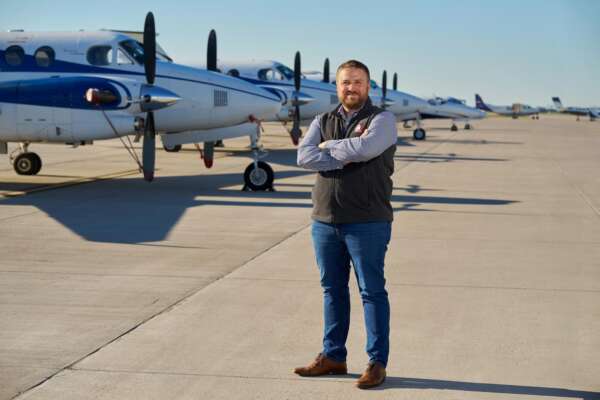


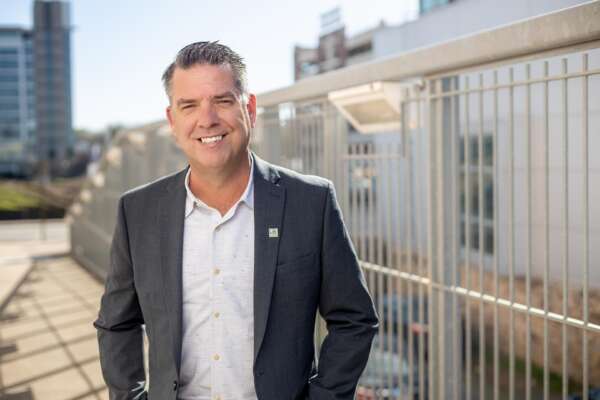
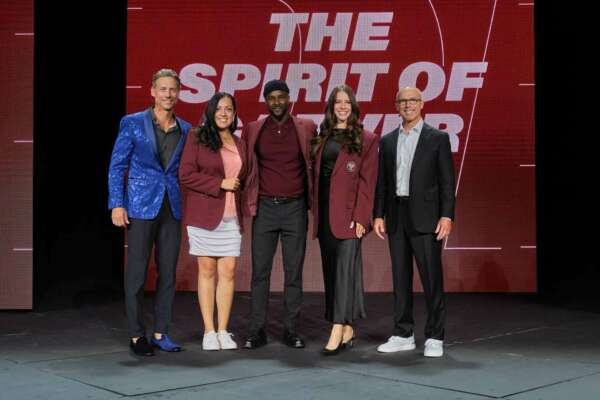
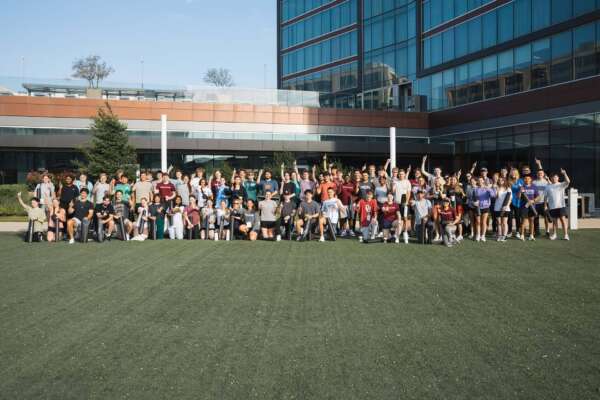
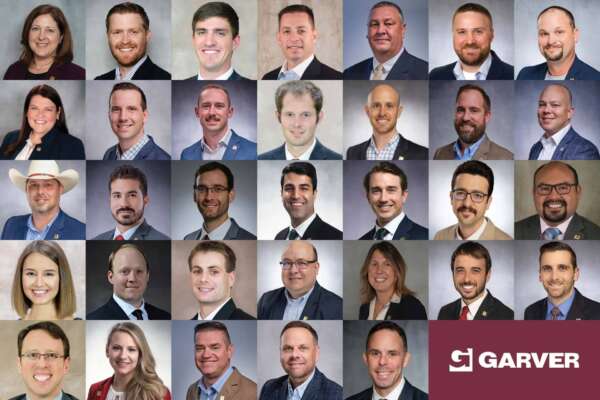

Share this article